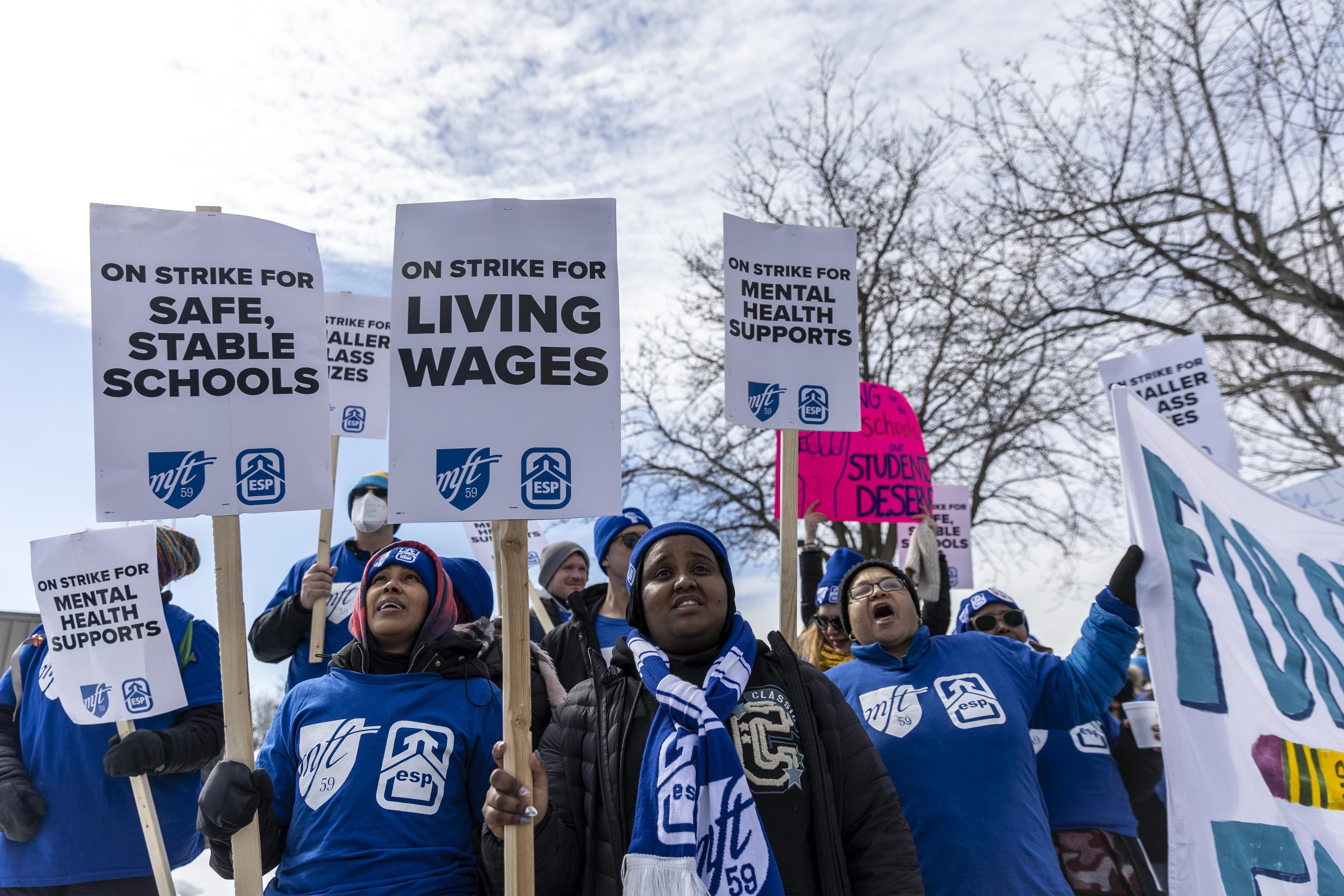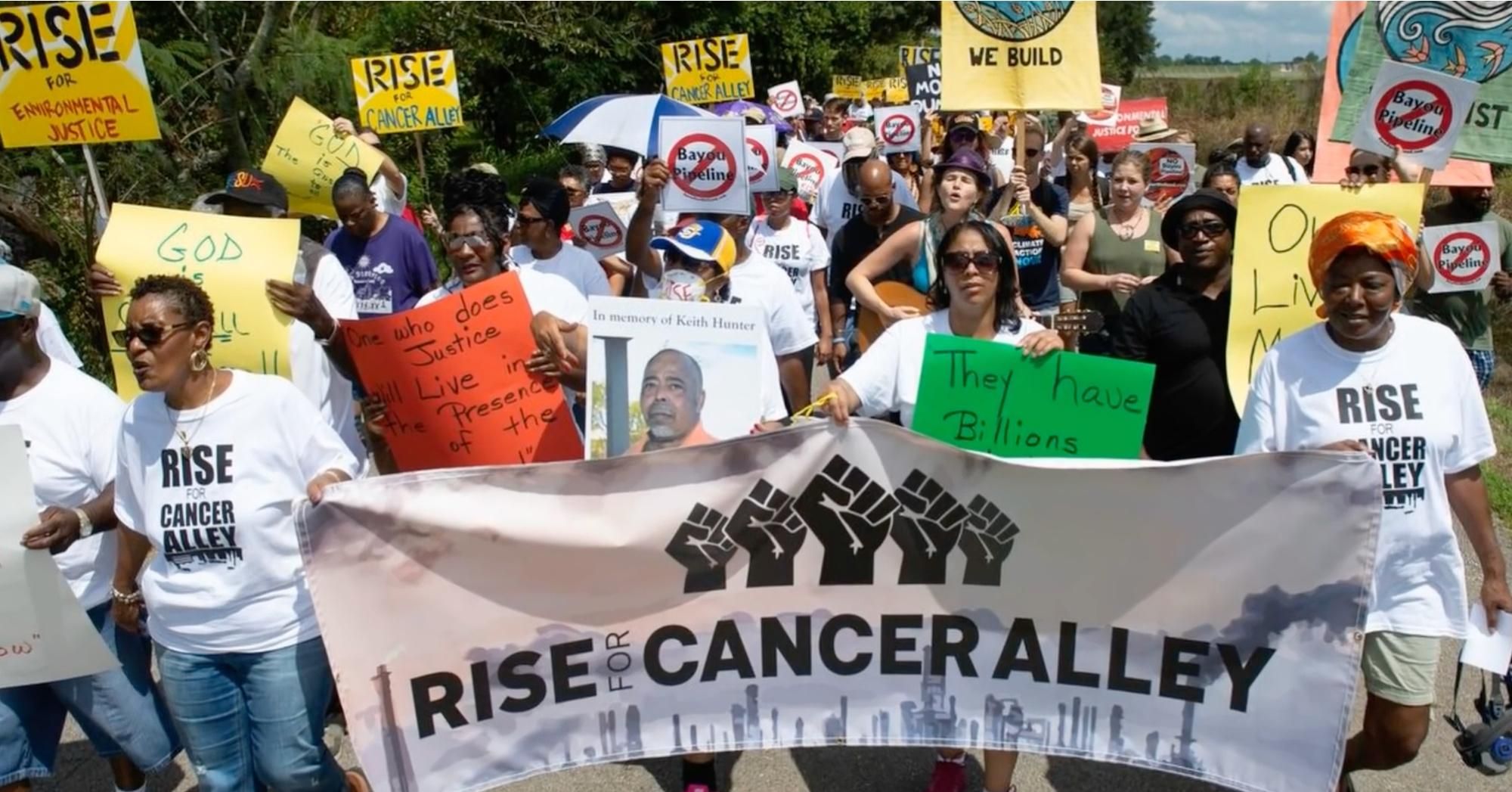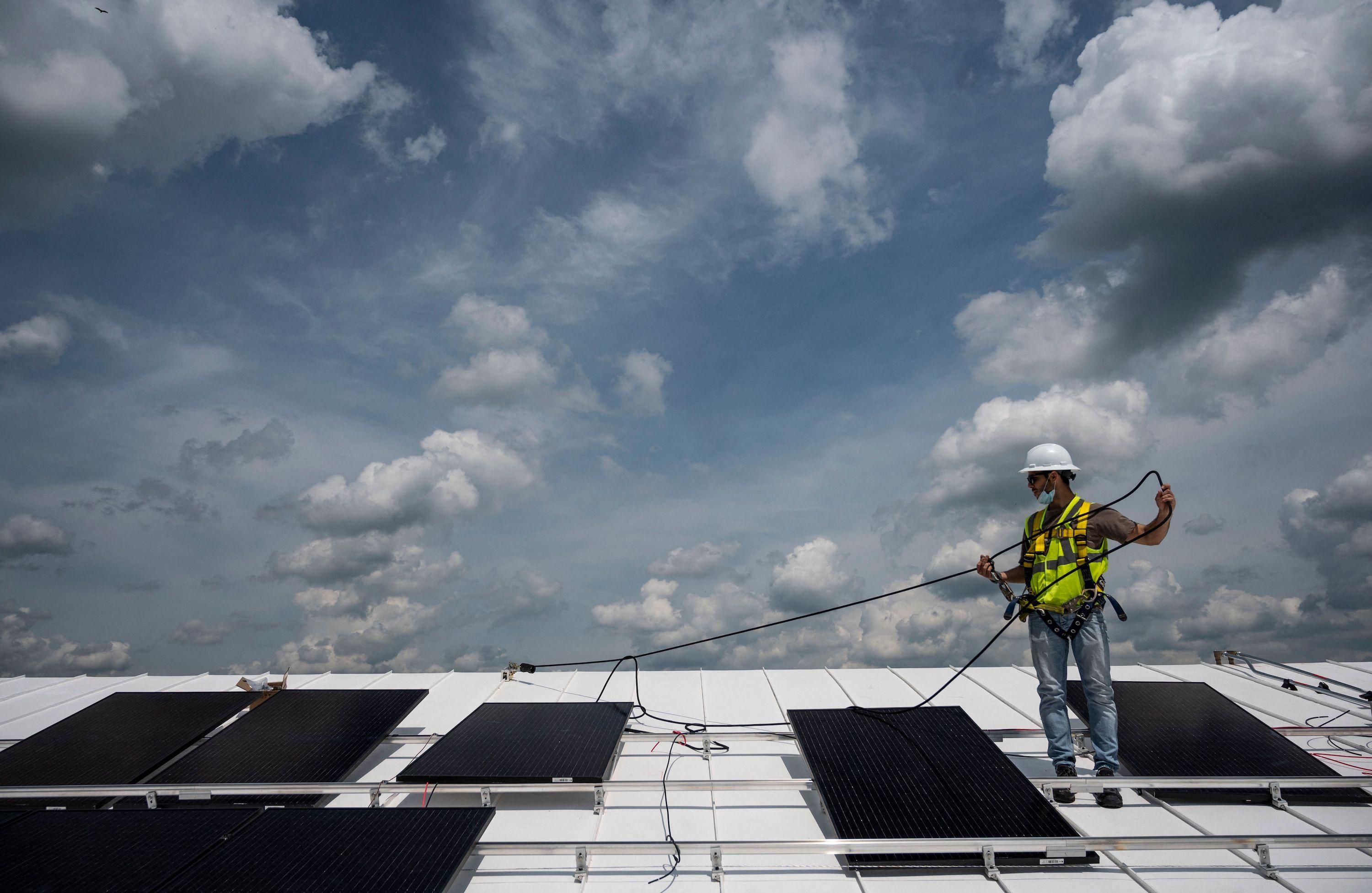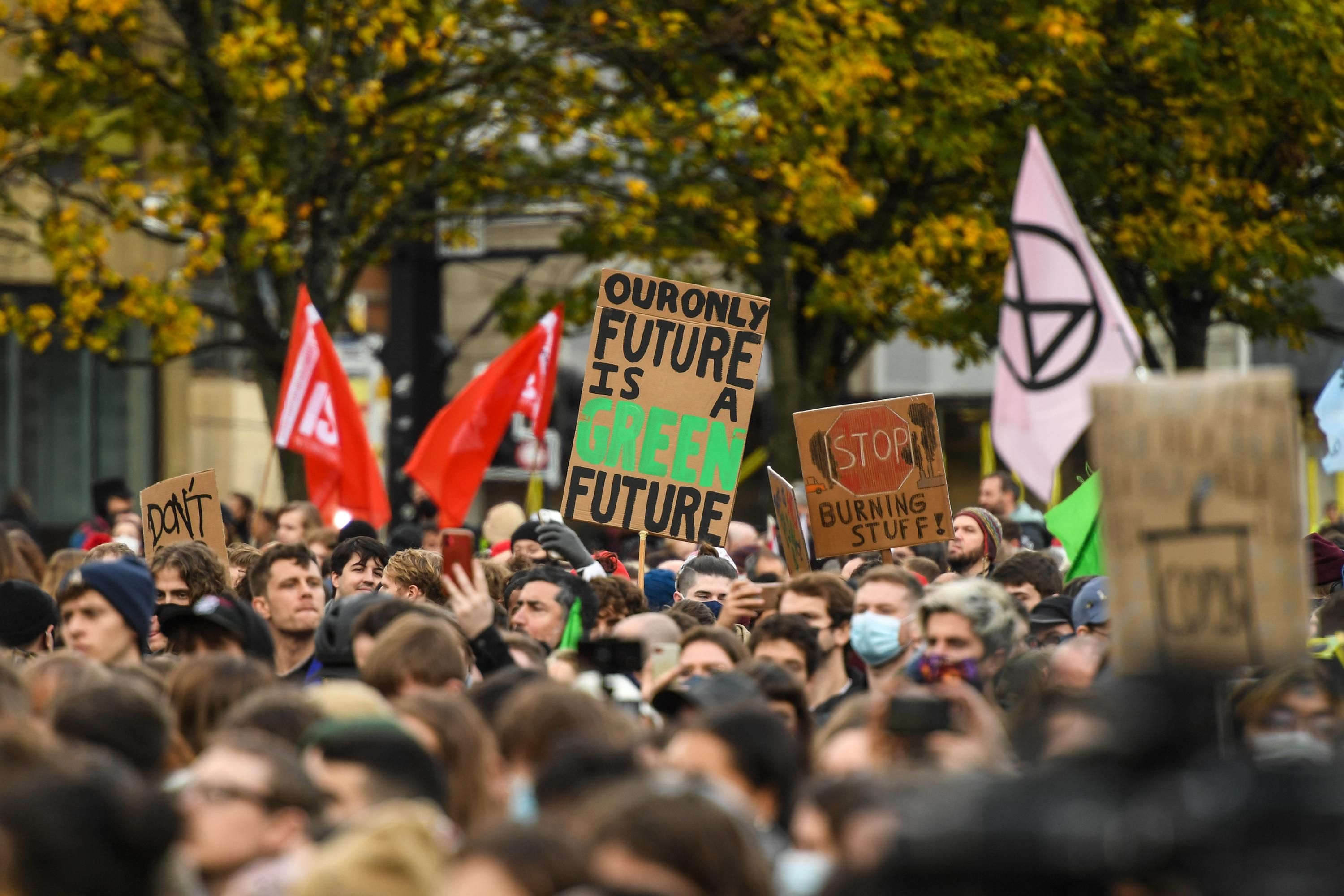Huileng Tan
Tue, March 8, 2022

These pipes were to be used at the Keystone XL project that was officially terminated in June 2021.Terray Sylvester/Reuters
President Biden revoked a key permit for the Keystone XL pipeline in 2021.
The pipeline's developer officially terminated the project in June.
On Monday, Alberta Premier Jason Kenney said the US could "come back to the table and help us build Keystone XL."
A Canadian politician is pushing for the the revival of the Keystone XL oil pipeline project that President Joe Biden canceled in January 2021. The move would boost US energy security amid the war in Ukraine.
"If the United States is serious about this, they could come back to the table and help us build Keystone XL," Alberta Premier Jason Kenney said at a news conference on Monday, according to a video posted to Canada's Global News website.
Kenney added that had Biden not shut down plans for the pipeline, the "democratic energy" it provided could have, by the end of the year, been displacing the "Russian conflict oil that's filled with the blood of Ukrainians."
The Obama administration rejected the pipeline due to environmental concerns, but President Donald Trump revived the project in 2017 and construction started in 2020. The pipeline's developer, TC Energy, terminated the $9 billion project in June. Less than 10% of the pipeline had been constructed when Biden revoked a key permit last January, according to the Reuters Fact Check team.
The Keystone XL pipeline was slated to cover about 1,240 miles from Alberta to Nebraska, and to be able to carry 830,000 barrels of crude oil a day, per the Alberta government's website. The US imported about 209,000 barrels of crude oil each day from Russia in 2021, according to the American Fuel and Petrochemical Manufacturers trade association.
Kenney said the Keystone XL pipeline could be built by the first quarter of 2023 if the Biden administration gives the go ahead, according to Global News.
Calgary-based TC Energy told Insider the existing Keystone pipeline system "will continue to provide unique, stable and safe source of energy to meet increasing US energy demands."
Oil prices surge
The US is now considering a ban on Russian oil imports on its own, according to Reuters, citing two people familiar with the matter. This would come at a sensitive time as oil prices have surged 60% this year to a multiyear high.
White House press secretary Jen Psaki suggested Monday that resuming the Keystone XL pipeline project would not affect gas prices. This is as "the oil is continuing to flow in, just through other means. So it actually would have nothing to do with the current supply imbalance," Psaki said, according to an official transcript.
"What we can do to prevent this from being a challenge in future crises, the best thing we can do, is reduce our dependence on fossil fuels and foreign oil, because that will help us have a reliable source of energy so that we're not worried about gas prices going up because of the whims of a foreign dictator," Psaki added.
US crude oil production reached 11.8 million barrels a day in November and is set to rise to record highs at 12 million barrels a day in 2022 and 12.6 million barrels a day in 2013, according to the Energy Information Administration.

Paul Takahashi
Tue, March 8, 2022,
(Bloomberg) -- Alberta Premier Jason Kenney urged the U.S. to change its energy policies that he said prioritizes oil and gas imports from OPEC countries over liberal democracies like Canada.
The head of Canada’s largest oil-producing province, speaking at CERAWeek by S&P Global on Tuesday, commended President Joe Biden’s decision earlier to ban imports of Russian crude in the wake of the country’s invasion of Ukraine.
However, Kenney questioned Biden’s 2021 decision to cancel the Keystone XL pipeline connecting Alberta’s oil sands to Gulf Coast refineries, and his administration’s recent requests to OPEC countries such as Venezuela to pump more oil to ease price.
“It is inexplicable for us as Canadians to watch what’s happening in American policy emanating from Washington right now, an administration that understandably is desperate to replace Russian imports with oil from somewhere else,” Kenney said.
“How could this be that Canada’s closest friend and ally would make an arbitrary and retroactive decision to limit exports from a friendly allied liberal democracy while pleading with the socialist dictatorship of Venezuela, the mullahs in Iran and with other OPEC dictatorships to sell them oil to the United States?” he said.
Kenney called for bilateral talks between the U.S. and Canada to improve energy security, and for Canada to prioritize the construction of more liquefied natural gas terminals to export more energy to Europe. He also urged investors to rethink corporate environmental, social and governance goals, in order to consider oil and gas investments in liberal democracies that have more transparent environmental records.
“It’s time to add a second S to the ESG, and that is security,” Kenney said. “It’s something we can no longer pretend is immaterial to ethical investment in energy.”
(Corrects year in third paragraph)









